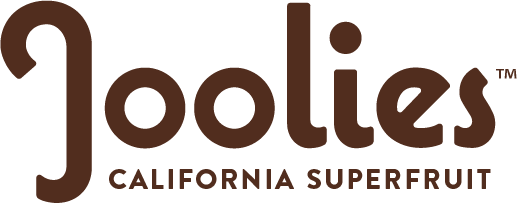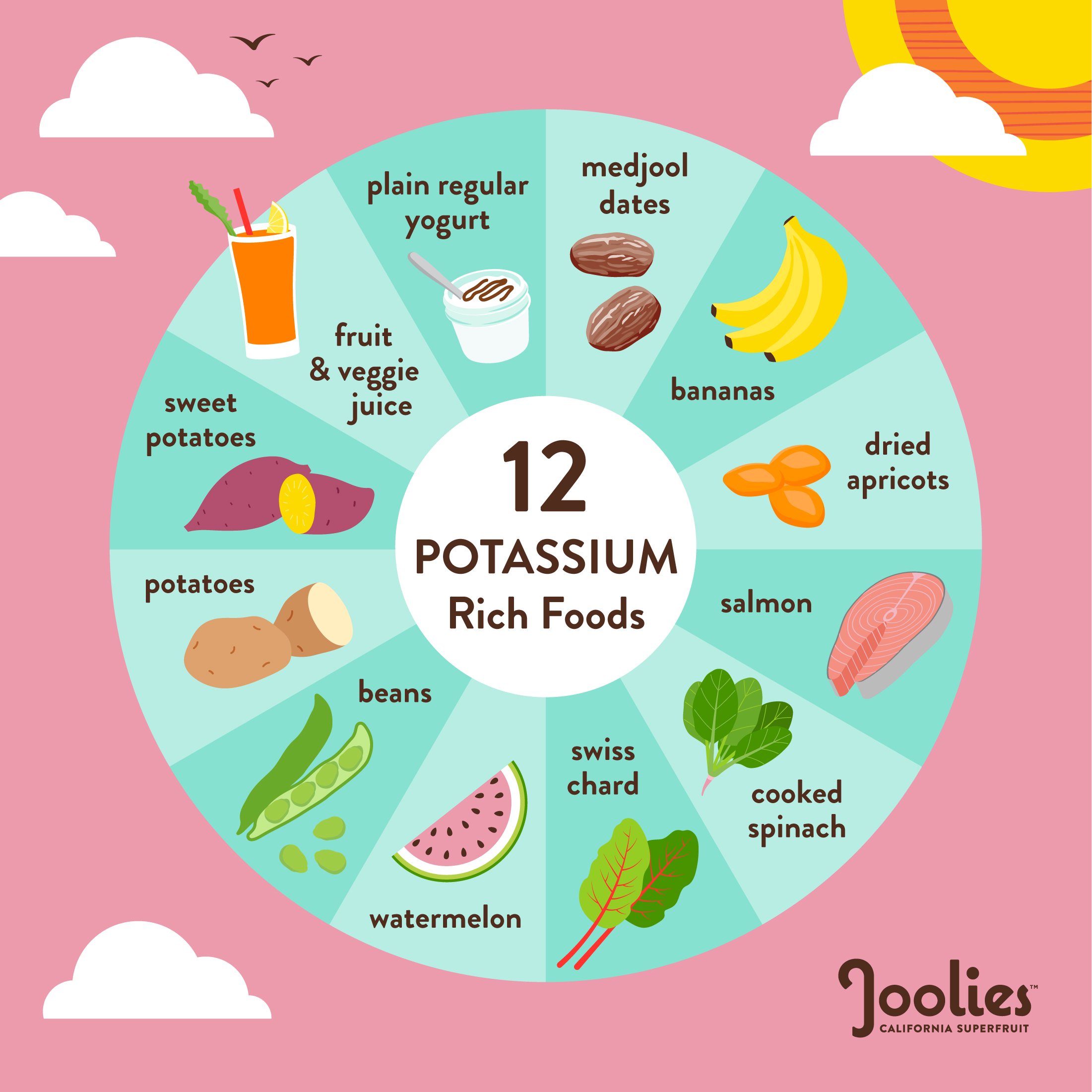Potassium is a secret powerhouse for health and luckily, medjool dates are a top contender for adding more potassium into your diet. Here are 12 potassium-rich foods worth stocking up on at home!
Potassium is one of those nutrients you might not give much thought to (unless you’re eating a banana)! This mineral tends to get crowded out by other more in-vogue multivitamin darlings like vitamin C, vitamin D, and calcium. But potassium serves tons of important functions in the body—many of which you might not even realize it’s performing.In fact, potassium is so critical for overall good health that when the nutrition facts label was given a makeover in 2020, the Food and Drug Administration required that food manufacturers list its amounts in their foods—replacing other nutrients like vitamins A and C. The reason: most Americans aren’t consuming enough. According to the USDA, the average American over the age of two consumes only 56% of the recommended 4,700 milligrams per day.
Fortunately, you don’t have to run chronically low on potassium. By eating a whole foods diet rich in fruits and vegetables, beans and legumes, dairy products, and seafood, it’s entirely possible to get plenty of potassium (without having to take a multivitamin).
Read on to discover why this underdog mineral is so vital for health, plus 12 delicious, nutritious foods that supply it in high amounts.
What Is Potassium?
Today, potassium is a household name, but this mineral was only discovered just over 200 years ago in 1807. Its name derives from the words “pot” and “ash”—a reference to the fact that it was first isolated in the ashes of plants. Not surprisingly, plants (such as leafy greens) are some of the most abundant sources of potassium. Unlike other micronutrients that can be synthesized within the body, potassium must be consumed from food sources.
Potassium’s chemical symbol is K, but don’t confuse it with vitamin K! It’s a mineral, not a vitamin—which means it’s also an electrolyte. Electrolytes carry an electric charge that activates nerves and cells, helping your muscles contract and even keeping your heart beating.
Potassium actually has a major role to play in heart health. Since this mineral helps counterbalance the effects of sodium in the bloodstream, it can help reduce the risk of heart attack and stroke. In a 2011 study, a diet high in potassium and low in sodium significantly lowered the odds of dying of a heart attack.
The benefits of this mighty mineral don’t stop there. Getting enough potassium in your daily diet can decrease the risk of kidney stones, improve bone mineral density, and stabilize blood sugar levels.
How Much Potassium Do I Need?
The recommended daily amount of potassium covers a pretty wide range. You may see the daily target referenced as anywhere from 2,600 to 4,700 milligrams per day. Pregnant and breastfeeding women require amounts on the higher end, and men require more than women. Many health organizations settle on 3,500 milligrams as a middle-of-the-road goal.
Low potassium is known as hypokalemia. If you’re mildly low, you may not have any symptoms, but going too long without enough can lead to problems like heart palpitations, muscle weakness, fatigue, constipation, tingling, and numbness. The good news: tons of foods you probably already enjoy are bursting with potassium.
12 Potassium-Rich Foods
Convinced that potassium is where it’s at for health? Turn to the following foods to hit your daily target.
1. Medjool Dates
We’re nuts for dates! Not only are Medjool dates a natural sweetener high in fiber, vitamin B6, and copper, they’re a handy source of potassium, too. Two of the chewy little beauties contain 334 milligrams of potassium—aka 10% of 3,500 milligram adequate intake.
When you pop Medjool dates into smoothies, energy bites, or baked goods, you’ll be doing your heart, kidneys, and bones a major favor. Even Medjool date syrup (like our organic variety) contains 4% of your daily dose of potassium in a single tablespoon.
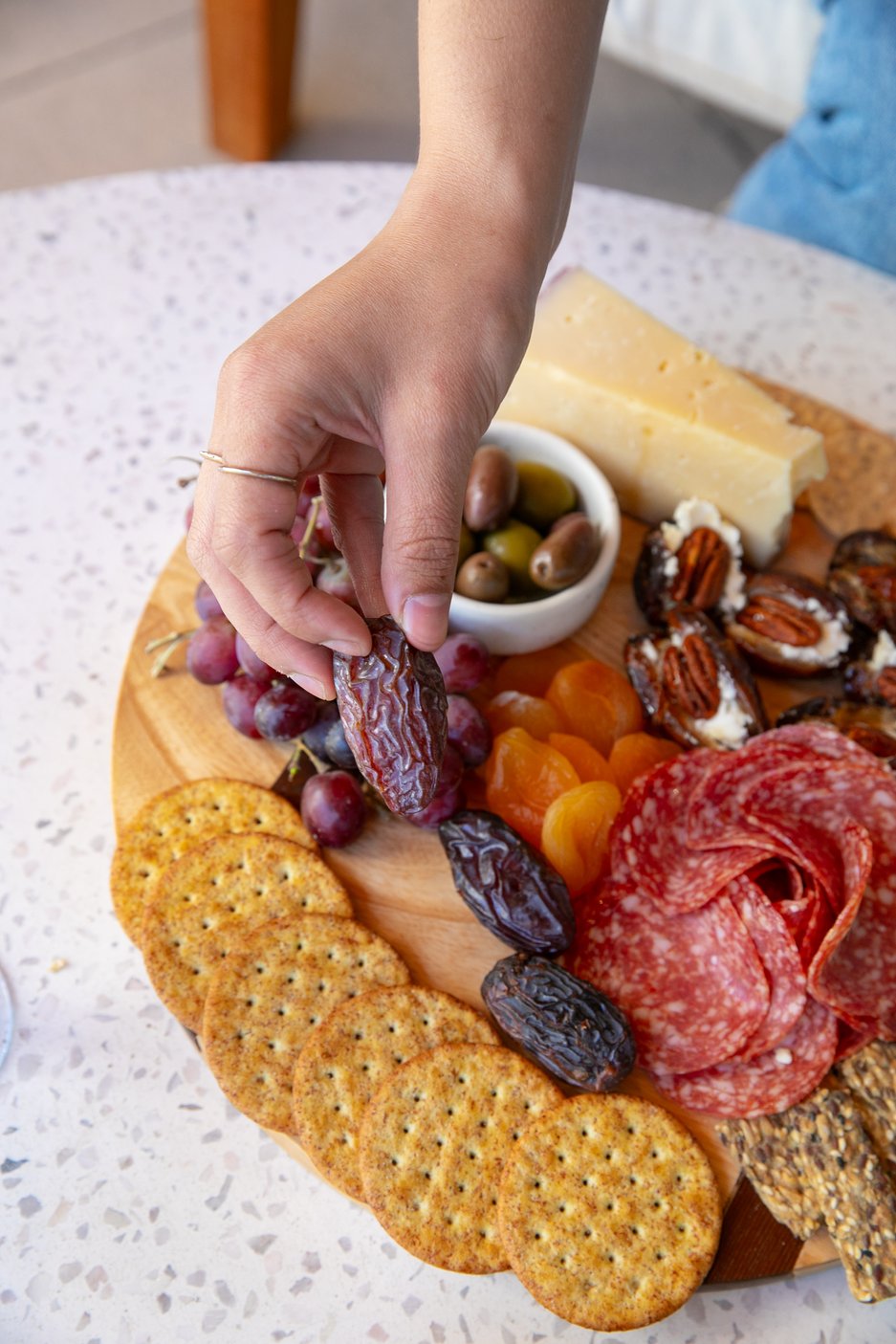
2. Bananas
You knew we had to go there, right? For reasons unknown, bananas have become synonymous with potassium and its health benefits. (If you’ve ever had a muscle twitch, we guarantee someone’s told you to go eat a banana.)
While—surprise!—bananas aren’t actually the most abundant food source of this mineral, they do earn their reputation for being something of a potassium powerhouse. One medium Cavendish banana (the yellow variety you’ll most often see at the grocery store) packs 422 milligrams of potassium. That’s 12% of the daily adequate intake!
3. Dried Apricots
For a potassium bonanza, make a pit stop in the snack aisle for dried apricots. These Mediterranean fruits are one of the highest-potassium foods on the planet, with 27% of the 3,500 milligram goal in a half-cup.
Nosh on dried apricots all by themselves for a healthy snack, or do dried fruit double duty by stuffing Medjool dates with a mixture of chopped dried apricots and cream cheese.
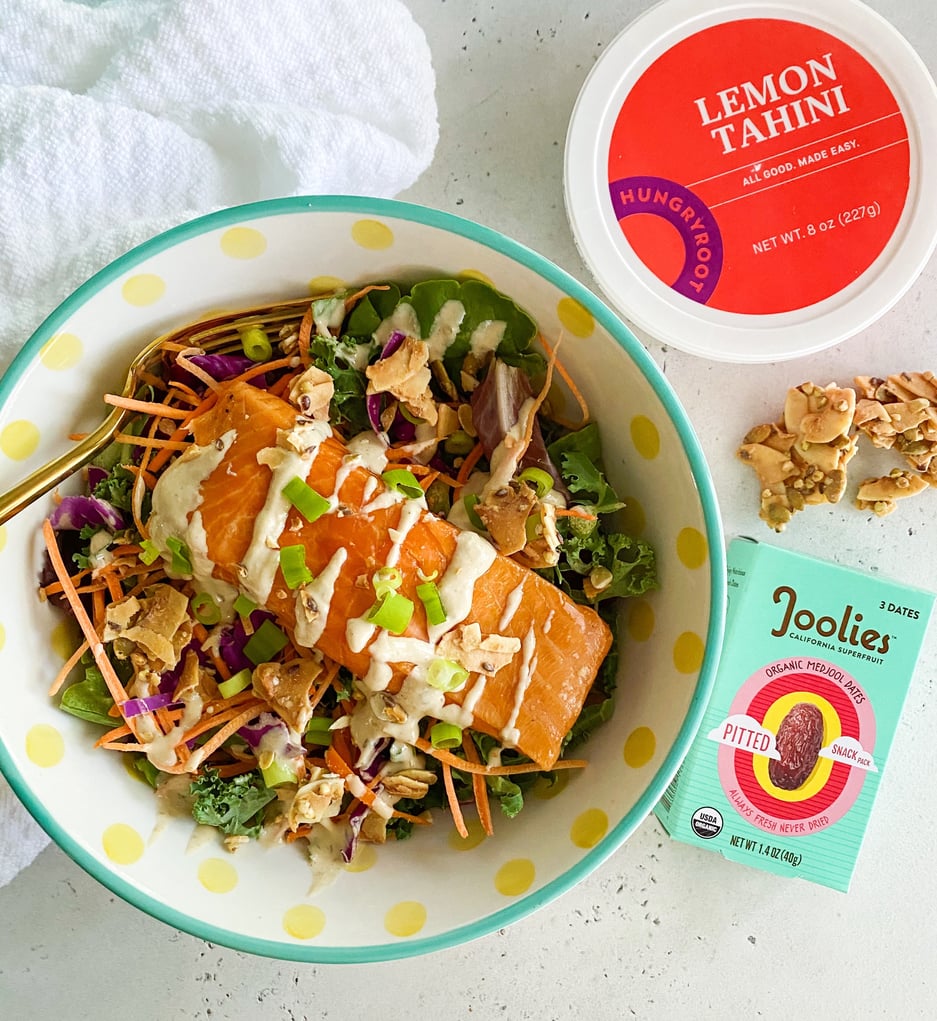
4. Salmon
With its heart-healthy omega-3 fats and ample protein, salmon seems to top everyone’s list of superfoods. We’ve got one more perk to add to its stellar nutrient profile: its potassium content. A 3-ounce serving of Atlantic farmed salmon boasts 9% of your daily target. Wild salmon comes with even more, at 15%.
5. Cooked Spinach
Fun fact: cooking leafy greens like spinach can elevate certain nutrients—including potassium. One cup of the cooked greens packs an astounding 1,180 milligrams of the stuff! Toss some sauteed spinach into your morning eggs or make a quick spinach salad as a dinner side. Your body will thank you.
6. Swiss Chard
If your backyard garden features Swiss chard, more (potassium) power to you. Like spinach, these leafy greens come packed with this mineral, especially when cooked. We’re talking a whopping 961 milligrams per cup! Numerous Swiss chard varieties exist, each with their own unique rainbow of stem colors—but all contain plenty of potassium.
Not sure how to enjoy Swiss chard? Try adding some to a soup in the last few minutes of cooking, or sauté some with olive oil and garlic for a simple side dish to accompany grilled meats.
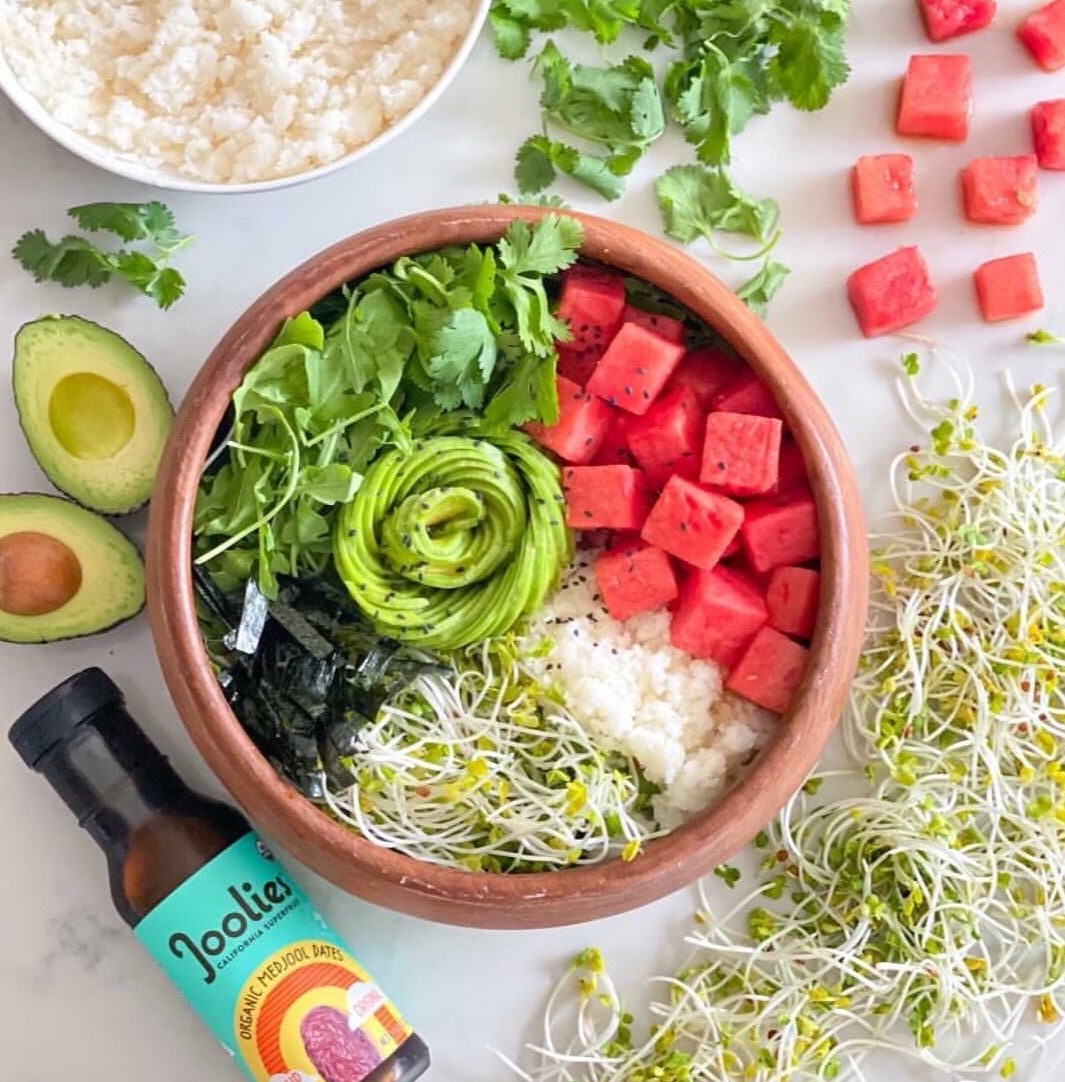
7. Watermelon
As you crunch into a fresh watermelon on a summer’s day, you’re not only refreshing and hydrating yourself. You’re also slurping down a surprising amount of potassium: 640 milligrams in two wedges (about 1/8th of a melon). And who can stop at just two wedges? The more tasty triangles you place on your plate at your next barbecue, the more potassium you’ll take in.
8. Beans
Potassium sometimes comes in small packages. Despite their petite size, beans and legumes are loaded with potassium (not to mention their fiber, protein, and other nutrients).
Though all foods in the legume family contain this all-important mineral, some are better sources than others. Cooked white beans win the potassium prize with 1,000 milligrams per cup—so consider putting a white bean stew or hummus or on the menu. (Bonus points for adding potassium-rich veggies to the mix.) Not to be outdone, lima beans, pintos, black beans, kidney beans, soybeans, and lentils are all good choices as well.
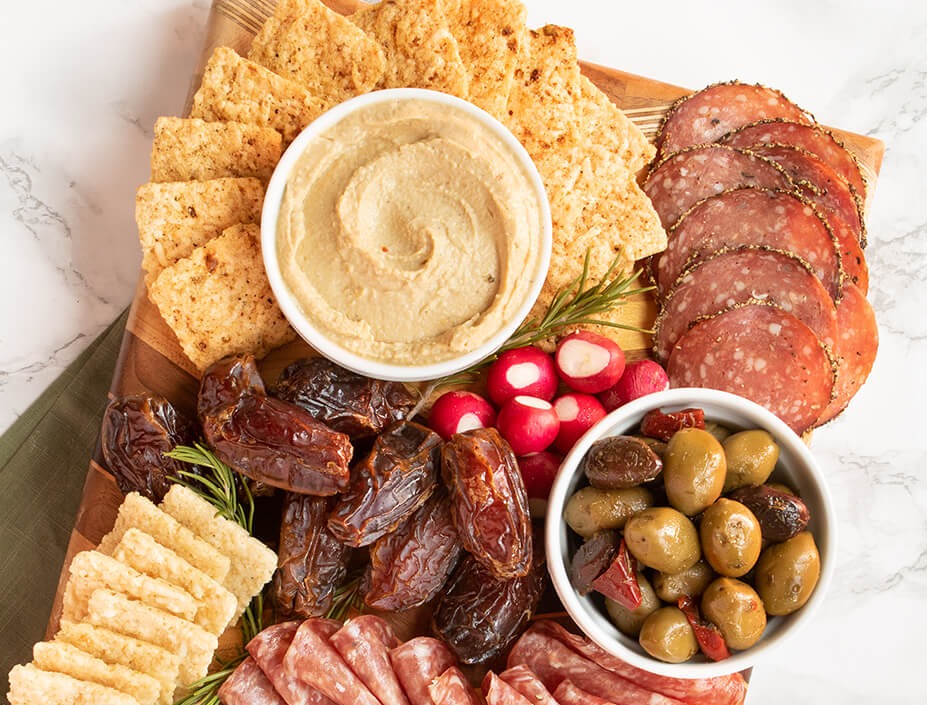
9. Potatoes
Potatoes tend to get a bad rap as a high-carb danger-food. But spuds do have redeeming qualities. When baked with skin, a medium potato provides 941 milligrams of potassium—27% of the 3,500 milligram adequate intake. So don’t fear taters! Just be sure to prepare them in health-friendly ways like baking and roasting, rather than frying or slathering them with butter and cheese.
10. Sweet Potatoes
Like their white-fleshed counterparts, colorful sweet potatoes are also an excellent source of potassium. When you add a skin-on baked sweet potato to your dinnertime spread, you’ll stock up on 542 milligrams of the mineral. Besides ample potassium, sweet potatoes will load you up on fiber, vitamin A, and vitamin C. Sweet!
11. Fruit and Vegetable Juice
To reap the full benefits of fruits and veggies, it’s usually best to eat them whole, rather than simply drink their juice. But when it comes to potassium, more of the mineral gets extracted when fresh produce goes for a spin in the juicer.
Carrot juice, for example, can contain nearly 700 milligrams of potassium per cup, while orange juice boasts nearly 500 milligrams. Saying yes to the occasional (sugar-free) juice could bring surprising benefits.
12. Plain Regular Yogurt
Plain yogurt—the base of many a smoothie, salad dressing, and froyo recipe—is a chameleon ingredient for all sorts of tasty, healthy dishes. You may be used to going Greek for higher protein, but for more potassium (and extra calcium, to boot), stick with the regular variety. Depending on the brand, one cup of unflavored regular yogurt can contain up to about 600 milligrams of potassium.
Need some tasty inspiration? Try a yogurt parfait layered with Medjool dates and your favorite granola, or use yogurt as buttermilk substitute in baking.
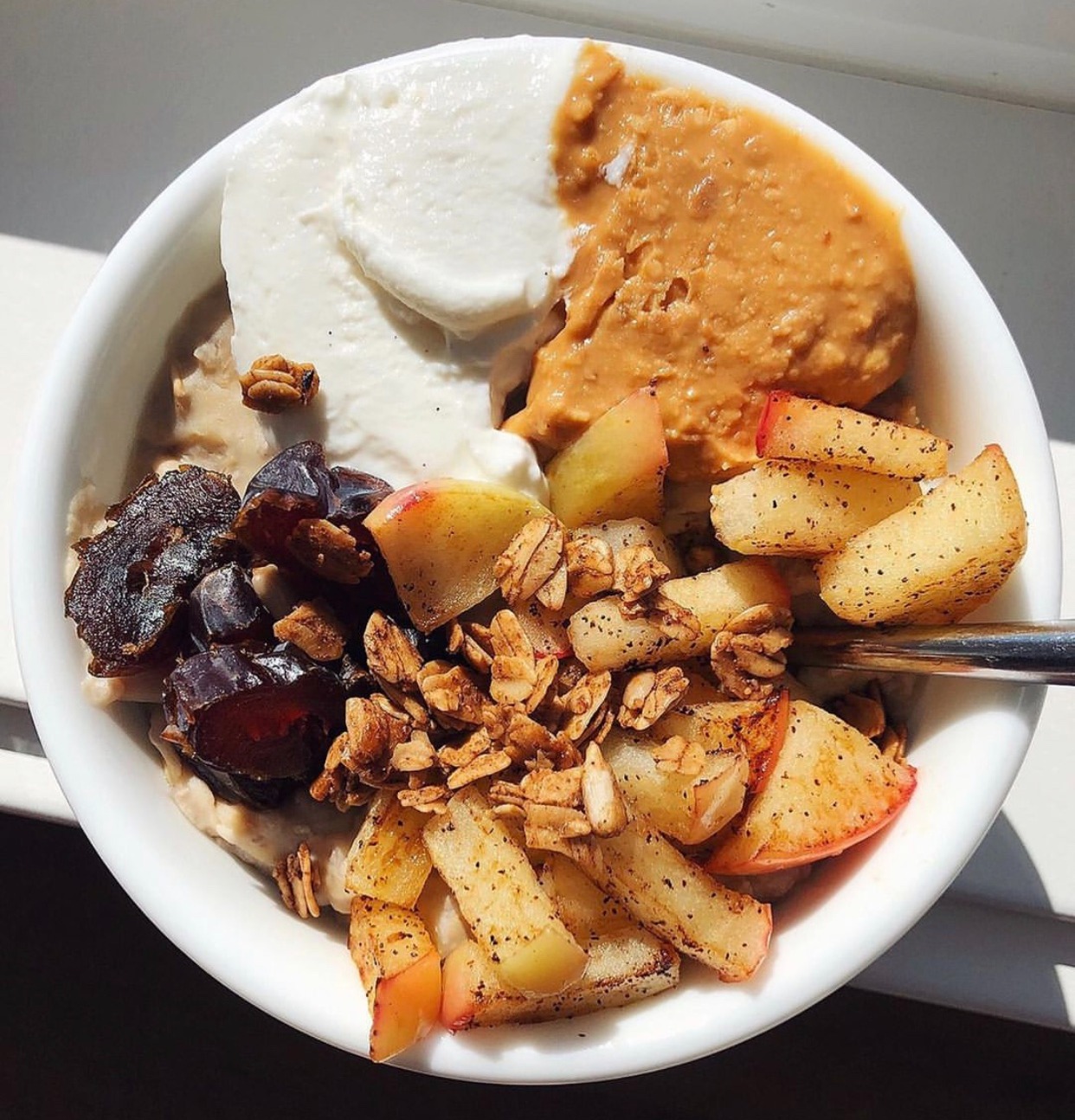
Bottom Line
While it may be a top-of-mind mineral, potassium is a crucial part of a healthy diet. Getting enough in your daily meals and snacks ensures that your heart, kidneys, muscles, and nerves stay in tip-top shape. Load up on the foods listed above to keep your potassium levels going strong.
Check out 8 Benefits of Eating Enough Fiber, Medjool Dates for Boosting Immunity, and 6 Health Benefits of Dates for more nutrition facts associated with medjool dates.
Written by: Sarah Garone, NDTR
Nutrition and Dietetic Technician, Nutritionist and Freelance Writer
